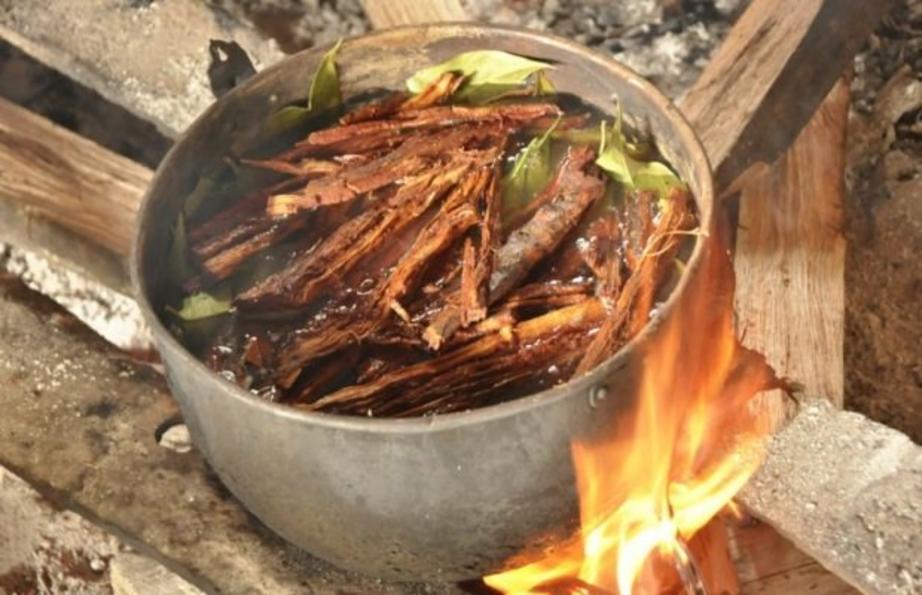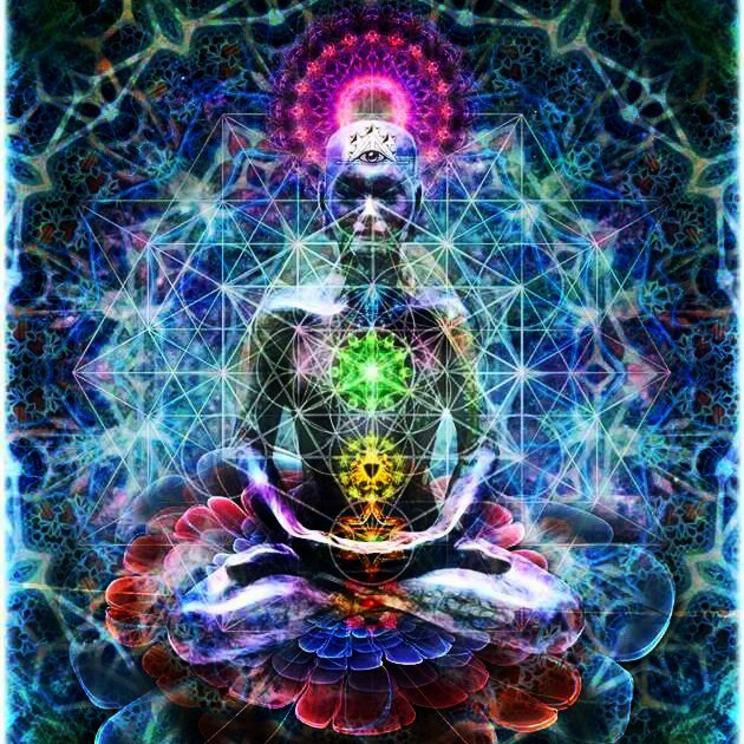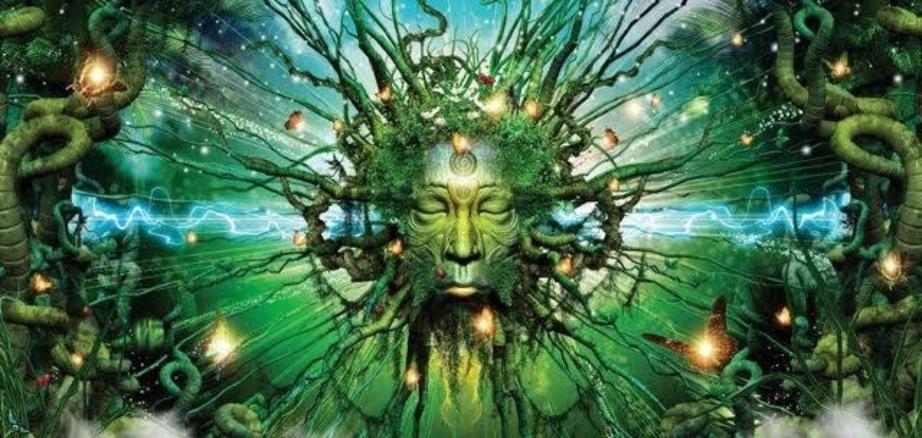Psychedelic drug ayahuasca improves hard-to-treat depression: study
It tastes foul and makes people vomit. But ayahuasca, a hallucinogenic concoction that has been drunk in South America for centuries in religious rituals, may help people with depression that is resistant to antidepressants.
Tourists are increasingly trying ayahuasca during holidays to countries such as Brazil and Peru, where the psychedelic drug is legal. Now the world’s first randomised clinical trial of ayahuasca for treating depression has found that it can rapidly improve mood.
The trial, which took place in Brazil, involved administering a single dose to 14 people with treatment-resistant depression, while 15 people with the same condition received a placebo drink.

A week later, those given ayahuasca showed dramatic improvements, with their mood shifting from severe to mild on a standard scale of depression. “The main evidence is that the antidepressant effect of ayahuasca is superior to the placebo effect,” says Dráulio de Araújo of the Brain Institute at the Federal University of Rio Grande do Norte in Natal, who led the trial.
Bitter brew
Shamans traditionally prepare the bitter, deep-brown brew of ayahuasca using two plants native to South America. The first, Psychotria viridis, is packed with the mind-altering compound dimetheyltryptamine (DMT). The second, the ayahuasca vine (Banisteriopsis caapi), contains substances that stop DMT from being broken down before it crosses the gut and reaches the brain.
To fool placebo recipients into thinking they were getting the real thing, de Araújo and his team concocted an equally foul tasting brown-coloured drink. They also carefully selected participants who had never tried ayahuasca or other psychedelic drugs before.

A day before their dose, the participants filled in standard questionnaires to rate their depression. The next day, they spent 8 hours in a quiet, supervised environment, where they received either the placebo or the potion, which produces hallucinogenic effects for around 4 hours. They then repeated filling in the questionnaires one, two and seven days later.
Both groups reported substantial improvements one and two days after the treatment, with placebo scores often as high as those of people who had taken the drug. In trials of new antidepressant drugs, it is common for as many as 40 per cent of participants to respond positively to placebos, says de Araújo.
But a week into this trial, 64 per cent of people who had taken ayahuasca felt the severity of their depression reduce by 50 per cent or more. This was true for only 27 per cent of those who drank the placebo.
Psychedelic treatments
“The findings suggest a rapid antidepressant benefit for ayahuasca, at least for the short term,” says David Mischoulon of Massachusetts General Hospital in Boston. “But we need studies that follow patients for longer periods to see whether these effects are sustained.”
“There is clearly potential to explore further how this most ancient of plant medicines may have a salutary effect in modern treatment settings, particularly in patients who haven’t responded well to conventional treatments,” says Charles Grob at the University of California, Los Angeles.
If the finding holds up in longer studies, it could provide a valuable new tool for helping people with treatment-resistant depression. An estimated 350 million people worldwide experience depression, and between a third to a half of them don’t improve when given standard antidepressants.
Ayahuasca isn’t the only psychedelic drug being investigated as a potential treatment for depression. Researchers have also seen some benefits with ketamine and psilocybin, extracted from magic mushrooms, although psilocybin is yet to be tested against a placebo.
Journal reference: bioRxiv, DOI: 10.1101/103531

